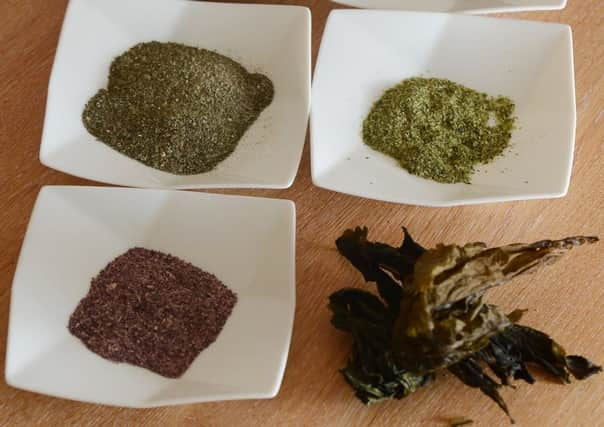Packed with goodness, could this be the food of the future? – Bill Jamieson


Tired of finger-wagging about your Earth-destroying diet? Nagged by a ‘woke’ dinner companion over every beef burger and chipolata sausage? Then order a bowl of seaweed, with a colourful side dish of sea buckthorn!
Some years ago I wrote here of the impressive research at Queen Margaret University Musselburgh on frontier foods, and was guest at a wonderful dinner featuring Scotland’s top chefs serving innovative food.
Advertisement
Hide AdAdvertisement
Hide AdI can’t say the fayre has changed much at my local restaurant. Our everyday diet may be slow to change, but this is an incoming tide – and it brings exotic new food to the dietary beach.
Seaweed is packed with a rich supply of minerals, protein, fibre and vitamins. It is low in calories and fat. Recent research also suggests that seaweed-rich diet can counter depression and potentially mitigate Alzheimer’s disease. SAC Consulting’s food & drink team, part of Scotland’s Rural College (SRUC), has been working with food manufacturers to produce innovative new food products using seaweed. It is being incorporated into crackers, drinks and as a salt alternative in its test kitchens.
SAC consultant Alistair Trail and SRUC development chef Mark Barker have worked with Highland Crackers to develop a healthy cracker using seaweed flakes as an alternative to table salt. Made with sunflower, flax and pumpkin seed, two flavours were created using smoked and unsmoked seaweed harvested around the East Neuk of Fife.
Mr Trail says there is considerable potential for utilising this natural resource, with Hebridean Seaweed, for example, investing nearly £7 million in a factory extension to produce extracts for the food and fertiliser market.
Experimentation, adaptation, innovation are the core drivers of new product and life improvement. Don’t be surprised that in the space of a generation what we eat and drink will undergo change that we can barely imagine today. A salute to the companies and the universities that are forging ahead with this pioneering work.